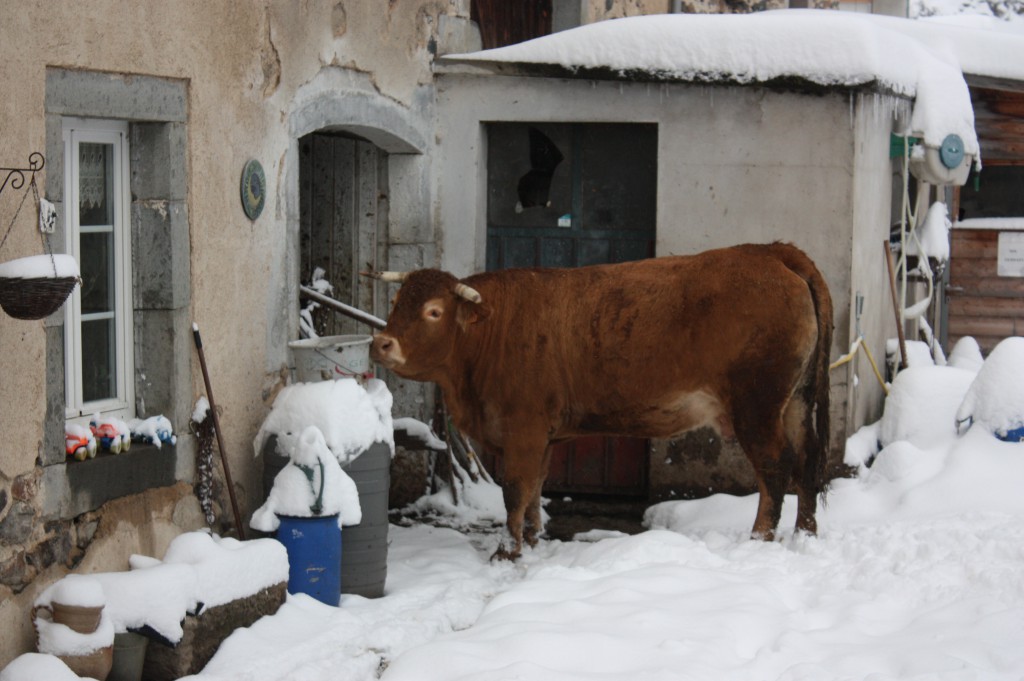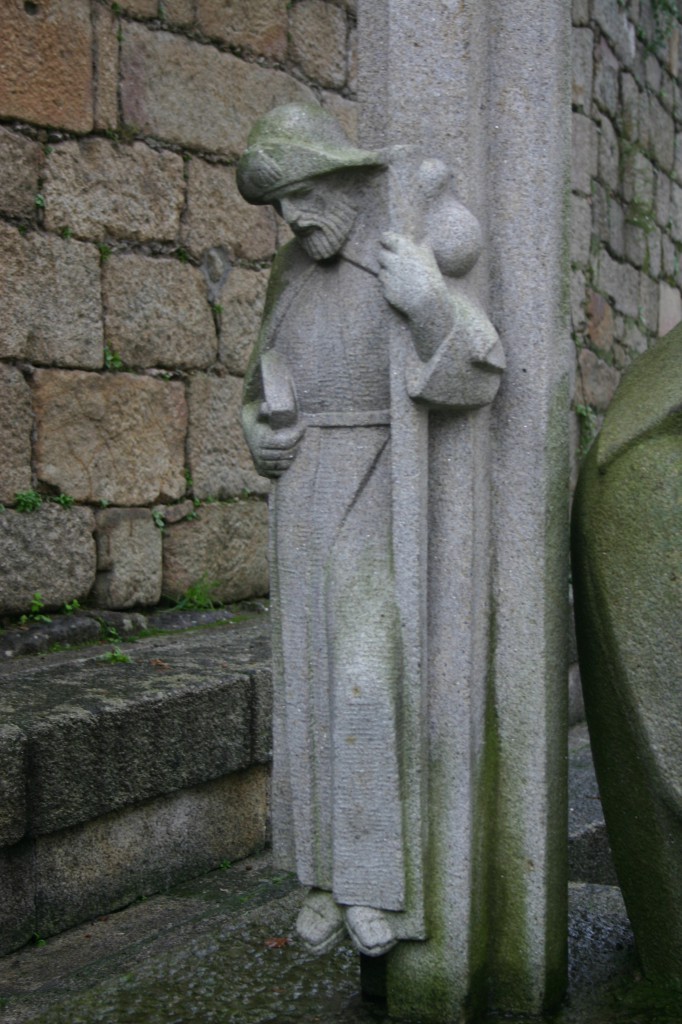
Today’s post is by guest-blogger Bob Sessions:
“I have always depended on the kindness of strangers.” — Blanche in Tennessee Williams’ A Streetcar Named Desire
As regular readers of this blog know, last November Lori and I took a three-week sojourn in northern Europe. We weren’t on an official pilgrimage such as the Camino de Santiago, but our trip had many of the characteristics of one. In this post I want to talk about something we experienced nearly every day: the kindness of strangers.
I think of Caroline, whose job it was to introduce us to the arts scene in Dusseldorf (in good German fashion she marched us through four museums in one day!). But she also took us to two local concerts, both of which were in addition to our official schedule and her paid services. At a German abbey on the Rhine, we had to rely on the kindness of a young Polish monk. When we dropped into his life unexpectedly, he not only gave us an hour-long tour, but also a warm blessing as we left. In Paris when were were struggling to find our hotel, a passing Frenchman shattered my prejudice about Parisians being aloof by asking if we needed help. And in an unexpected snow storm in a rural village in France, the locals, who had spent much of the day dealing with a lineup of trucks blocking the highway through their town, came by with shovels and strong shoulders, first digging us out and then helping us find a safe place to park.
As Lewis Hyde writes in The Gift: Creativity and the Artist in the Modern World, a major reason those of us who live in market (“exchange”) economies do not like gifting is because such transactions are asymetrical. In our system, when we perform an economic transaction we get and give equally, which means there is no residue of debt for either party. In gifting economies, things are out of balance once the exchange occurs. We feel obliged to the people who give to us, and these obligations have the potential to transform us.

Probably the major reason people go on pilgrimage is for self transformation. The key first step in this process is giving up control, opening yourself to the unbidden so that change can occur. Any mystic will tell you, of course, that control is an illusion anyway, but most of us need regular confirmation of that fact. Being given a gift, especially by strangers, is a powerful nudge to let go and open up. In the examples I have described, the choice was not just to accept help, but also to let go psychologically, realizing we were not in control.
These many acts of kindness made our interconnections, as well as our vulnerabilities, very clear. We not only saw our inability to find our way or get unstuck, but also our broader dependencies on modern technologies, government, transportation systems, people, and the forces of nature. The kindness of strangers helped strip away our usual obliviousness to these myriad ways we are connected with the world in which we are embedded.
Spiritual transformation can be painful, difficult, and frightening. But it can bring great joy as well, both to oneself and to those who give. I found it nearly impossible to be anxious or grumpy (family traits, I’m afraid) when we received these freely given gifts. Much of my joy was not so much at being liberated from a snow drift (although that was part of it), but rather wonder and delight that such an unbidden gift was offered. I don’t think I am projecting in my belief that the givers, too, found satisfaction, if not joy, in giving to us.
Typically, we believe that to receive a gift is to be subservient, and to relinquish control could be to let someone dominate. Part of why the kindness of strangers can be such a powerful spiritual experience is that it involves compassion. Such acts are a special kind of gifting where the gift is given without the expectation of external reward or any kind of direct return. After the many random acts of kindness we experienced on our trip, I no longer believe such selfless giving is so rare or the province mainly of saints.











